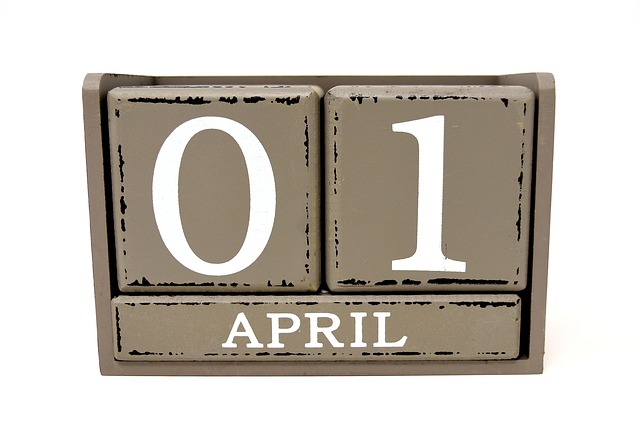
I haven’t given the origin of April Fools’ Day much thought until my inquisitive five-year-old asked me why the “holiday” exists at all. I was stumped, so I did a Google search to find the answer and figured I’d share my results with you. This way, you can look like a smarty pants if/when your child asks the same question.
According to History.com and confirmed by Snopes.com, there are a few possible origins. The most likely one started in France in 1582. Up until then, the French had used the Julian calendar, which recognized the start of the new year as April 1. In 1582, they switched to the calendar we use today, the Gregorian calendar, which starts the year on January 1. As you might imagine, news traveled much more slowly back then, so plenty of people didn’t get the message about the calendar switch. They were the first “April Fools” going about their typical new year celebrations on April 1, even though this day was no longer the start of a new year.
There was also a festival called Hilaria in ancient Rome that had people dressing up in disguises at the end of March, which some historians have linked to modern day April Fools’ Day, or it may also be related to the vernal equinox—the first day of spring—and a time when Mother Nature can often “fool” us with unpredictable weather.
The idea of pulling pranks on April 1 gained popularity in Britain in the 18th century. In Scotland, people were sent on fake errands, calling “hunting the gowk” (aka a cuckoo bird). Then there was Tailie Day, where people played pranks on people’s behinds, pining fake tails or “kick me” signs to them.
If you’re in the mood to play a prank on your kids, check out Buzzfeed’s list of harmless and clever tricks!


















